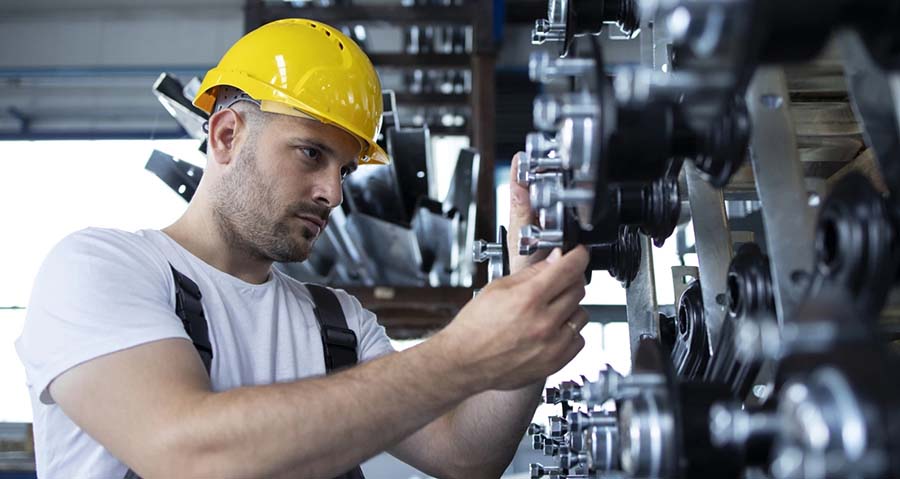
-
 Afrikaans
Afrikaans -
 Albanian
Albanian -
 Amharic
Amharic -
 Arabic
Arabic -
 Armenian
Armenian -
 Azerbaijani
Azerbaijani -
 Basque
Basque -
 Belarusian
Belarusian -
 Bengali
Bengali -
 Bosnian
Bosnian -
 Bulgarian
Bulgarian -
 Catalan
Catalan -
 Cebuano
Cebuano -
 Corsican
Corsican -
 Croatian
Croatian -
 Czech
Czech -
 Danish
Danish -
 Dutch
Dutch -
 English
English -
 Esperanto
Esperanto -
 Estonian
Estonian -
 Finnish
Finnish -
 French
French -
 Frisian
Frisian -
 Galician
Galician -
 Georgian
Georgian -
 German
German -
 Greek
Greek -
 Gujarati
Gujarati -
 Haitian Creole
Haitian Creole -
 hausa
hausa -
 hawaiian
hawaiian -
 Hebrew
Hebrew -
 Hindi
Hindi -
 Miao
Miao -
 Hungarian
Hungarian -
 Icelandic
Icelandic -
 igbo
igbo -
 Indonesian
Indonesian -
 irish
irish -
 Italian
Italian -
 Japanese
Japanese -
 Javanese
Javanese -
 Kannada
Kannada -
 kazakh
kazakh -
 Khmer
Khmer -
 Rwandese
Rwandese -
 Korean
Korean -
 Kurdish
Kurdish -
 Kyrgyz
Kyrgyz -
 Lao
Lao -
 Latin
Latin -
 Latvian
Latvian -
 Lithuanian
Lithuanian -
 Luxembourgish
Luxembourgish -
 Macedonian
Macedonian -
 Malgashi
Malgashi -
 Malay
Malay -
 Malayalam
Malayalam -
 Maltese
Maltese -
 Maori
Maori -
 Marathi
Marathi -
 Mongolian
Mongolian -
 Myanmar
Myanmar -
 Nepali
Nepali -
 Norwegian
Norwegian -
 Norwegian
Norwegian -
 Occitan
Occitan -
 Pashto
Pashto -
 Persian
Persian -
 Polish
Polish -
 Portuguese
Portuguese -
 Punjabi
Punjabi -
 Romanian
Romanian -
 Russian
Russian -
 Samoan
Samoan -
 Scottish Gaelic
Scottish Gaelic -
 Serbian
Serbian -
 Sesotho
Sesotho -
 Shona
Shona -
 Sindhi
Sindhi -
 Sinhala
Sinhala -
 Slovak
Slovak -
 Slovenian
Slovenian -
 Somali
Somali -
 Spanish
Spanish -
 Sundanese
Sundanese -
 Swahili
Swahili -
 Swedish
Swedish -
 Tagalog
Tagalog -
 Tajik
Tajik -
 Tamil
Tamil -
 Tatar
Tatar -
 Telugu
Telugu -
 Thai
Thai -
 Turkish
Turkish -
 Turkmen
Turkmen -
 Ukrainian
Ukrainian -
 Urdu
Urdu -
 Uighur
Uighur -
 Uzbek
Uzbek -
 Vietnamese
Vietnamese -
 Welsh
Welsh -
 Bantu
Bantu -
 Yiddish
Yiddish -
 Yoruba
Yoruba -
 Zulu
Zulu
Thread Rolling Machine Maintenance and Repair Solutions for Optimal Performance
Thread Roller Machine Service Ensuring Precision and Efficiency
Thread rolling is a critical process in the manufacturing of various components, especially in industries like automotive, aerospace, and machinery. The thread roller machine is a specialized equipment that forms threads on cylindrical parts without removing material, ensuring stronger and more consistent threads than traditional cutting methods. Like any precision machinery, thread roller machines require regular service and maintenance to keep operations running smoothly and efficiently. This article explores the importance of thread roller machine service, the components involved, and best practices for maintenance.
Importance of Thread Roller Machine Service
Regular service of thread roller machines is essential for several reasons. Firstly, these machines operate under considerable stress, which can lead to wear and tear over time. Components such as rolling dies, hydraulic systems, and gears may degrade, leading to inaccuracies in thread formation. Regular servicing can help identify and rectify any potential issues early, preventing costly downtime or the need for extensive repairs.
Secondly, maintaining the machine’s precision is crucial for quality control. In industries that require stringent adherence to specifications, even minor discrepancies in thread profiles can lead to significant issues in product performance. Service ensures that the machine is calibrated correctly, and that all components are functioning optimally, resulting in high-quality output.
Finally, scheduled maintenance can enhance the lifespan of the machine. By adhering to a service schedule, companies can avoid unexpected breakdowns and prolong the operational life of their equipment, thus safeguarding their investment.
Key Components of Thread Roller Machine Service
1. Inspection of Rolling Dies Rolling dies are critical to the thread rolling process. Regular inspection for wear, damage, or misalignment is necessary. Worn dies can lead to improper thread formation and affect the quality of the finished product.
2. Hydraulic System Maintenance The hydraulic system is integral to the machine's operation, providing the necessary force for thread formation. Regular checks for leaks, fluid levels, and the condition of hoses and seals are vital.
thread roller machine service

3. Lubrication Proper lubrication minimizes friction between moving parts, reducing wear and ensuring smooth operation. Service should include checking and replenishing lubricants in all key areas.
4. Alignment Checks Misalignment in the machine can lead to significant accuracy issues. Regularly checking and calibrating alignment can prevent production defects.
5. Electrical System Examination The electrical components of thread roller machines, including sensors and control systems, should be regularly checked for functionality to prevent control issues that could lead to operational failure.
Best Practices for Maintenance
1. Establish a Maintenance Schedule Companies should set up a regular maintenance schedule based on the manufacturer’s recommendations and the machine’s usage patterns. Keeping accurate records of service history can help track performance and identify when issues arise.
2. Training Personnel It is essential that operators and maintenance personnel are trained in proper machine operation and maintenance techniques. This training can help prevent misuse and ensure that maintenance procedures are followed correctly.
3. Utilize Professionals For complex repairs or significant issues, employing skilled technicians or service providers with expertise in thread roller machines is beneficial. They can diagnose problems accurately and perform effective repairs.
4. Adopt Predictive Maintenance Techniques Using technology to monitor machine performance in real-time can aid in predicting maintenance needs before issues arise. Techniques such as vibration analysis, thermal imaging, and oil analysis can provide insights into the machine’s condition.
In conclusion, the service of thread roller machines is a vital aspect of ensuring efficiency and precision in the thread rolling process. By investing in regular maintenance, companies can ensure optimal performance, uphold quality standards, and extend the equipment's lifecycle. Adhering to best practices for service will ultimately lead to smoother operations and better product outcomes in the competitive landscape of manufacturing.
